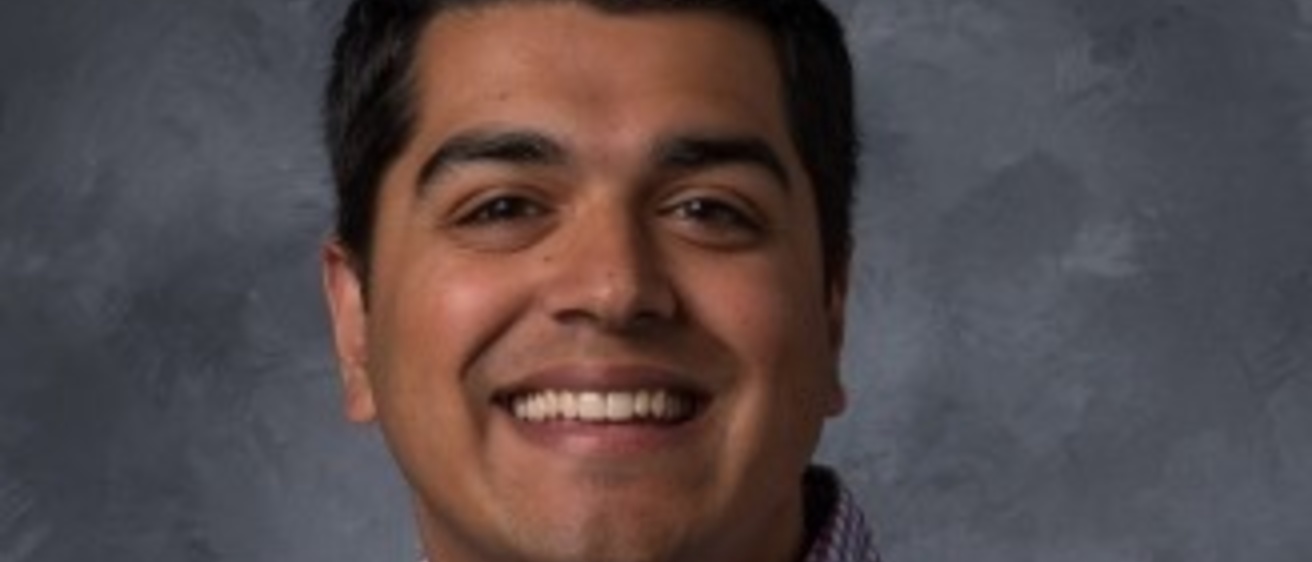
Imagine yourself on the tree-filled University of Michigan campus listening to people with advanced degrees in the humanities talk about their workplaces and career trajectories. One person gives an overview of jobs in university presses, while the next describes her work as a consultant for non-profits. And your task is to soak up information, meet new people, and turn on your imagination.
This is what the annual Humanities Without Walls Predoctoral Career Diversity Workshop offers to competitively selected students who are currently enrolled in a humanities PhD program. After one year online, a COVID pause in 2020, and previous years in Chicago, the workshop heads to Ann Arbor next summer. It is an initiative of the Andrew W. Mellon Foundation–funded Humanities Without Walls (HWW), a consortium that aims to create new avenues for collaborative research, teaching, and the production of scholarship in the humanities, forging and sustaining areas of inquiry that cannot be created or maintained without cross-institutional cooperation.
The goal of the workshop is to introduce doctoral students to careers both within and outside the academy. The cohort of 30 participants engage in intensive discussions with organizers of public humanities projects, leaders of university presses and learned societies, experts in the various domains of the digital humanities, representatives of governmental and non-governmental organizations, and holders of important non-faculty positions in colleges and universities (academic administrators, student services professionals, librarians and archivists, development officers, and so forth). Currently planned as an in-person event, next summer’s workshop will introduce participants to the rich humanities landscape of Ann Arbor and nearby Detroit.
Andrew Boge is the eighth University of Iowa student selected for the workshop. A PhD candidate in Communications Studies with a focus on Asian American rhetoric and critical race studies, Boge was a Humanities for the Public Good intern in 2019. He recently shared his experience of the all-virtual 2021 workshop.
Obermann: Why did you apply for the HWW Workshop?
Boge: I applied to the workshop as one way of refining my outlook on alternative-academic careers. I want my racial justice-minded praxis to be legible in professional spaces—a skill I view as essential in our political moment. Also, I want to avoid keeping my expertise locked away in the ivory tower. Given renewed public attention to anti-Black and anti-Asian violence, I want to ensure that my expertise is publicly accessible.
Since a research specialty in Asian American rhetoric could seem niche, I seek opportunities to continue to practice translating my expertise and professional experience with critical race and Asian American studies to non-academic environments. I also am always looking for ways to improve how I position my values related to racial justice and Asian American racialization within organizations that might indirectly take up these issues. Before participating in the HWW workshop, I’d already begun using resources like Imagine PhD to articulate my value system, and was happy to do more of this kind of exploration this summer.
Obermann: What were highlights of the workshop for you?
Boge: Practically, it offered me the space to explore without any stakes. I could just listen and imagine what it would be like to work in these different spaces. There were presentations from people in government, non-profits, community colleges, presses. As they spoke, I found myself creating mental piles of fields—“maybe” or “no.” I tried to stay as open-minded as I could, and I discovered some jobs that I hadn’t considered before but that now sound possible. While I still have a strong interest in being in the academy, I need to give jobs outside of it my genuine time and attention.
My favorite part of the experience were the informational interviews. I emailed two people who work for the Smithsonian Asian Pacific American Center. I spoke with each of them for two hours and learned so much about their current work and how they got there. They were just really kind and genuine people—definitely people who I feel I could call on again in the future.
Obermann: What connections did you make during the workshop that you’ll continue?
Boge: Meeting other students from across the country who are in similar positions was one of the best aspects of the program. I got to be good friends with a woman at UC–Irvine, who is in Ethnic Studies and is going on the job market this winter. We talked a lot about how to approach this market. In the humanities, the notion of “alt ac” can get romanticized—"Oh, there’s always these other options." But you wonder: Are there, really? Being in community with others who have similar goals and questions was refreshing.
Obermann: How did the workshop complement the internship you did with the African American Museum of Iowa via the Humanities for the Public Good Summer Internship program?
Boge: I did the internship program during my first summer of my Master’s program, which turned out to be good timing. It provided me with a reservoir of experience as I’ve gone through my program and considered what I want to do next. While the internship was very much about learning by doing, the HWW workshop capitalized on learning by thinking. The internship was one of the most beneficial experiences I’ve had as a graduate student; it really served as a practical experience that I could refer to during the workshop.
Obermann: How has your focus shifted since you started grad school?
Boge: I started with a broad interest in discourse around race and racism—the rhetoric of how racism operates in multiple settings. In Spring 2020, I wrote about Asian American studies for the first time, and that’s become central to my research. Career wise, I have an interest in ending up in an Ethnic Studies program. I love teaching and research, so it would be disappointing for me to give those up. But I am increasingly open to opportunities in a variety of spaces, as long as there are ways for me to nurture both of those passions.
